Presumably they came to Canada in part to escape hate and violence in their troubled homelands
Get the latest from Father Raymond J. de Souza straight to your inbox
Published Oct 20, 2024 • Last updated 8 minutes ago • 4 minute read

What do Canadians — permanent residents and citizens — owe to Canada regarding the politics of the “old country” conducted here?
With the astonishing allegations of criminal activity, including extortion and homicide — “well over a dozen credible and imminent threats to life” — made against the government of India by the RCMP, long-standing issues in Canada’s Sikh community were brought into the spotlight. But diaspora politics is a bigger challenge than any one community, as this past week also highlighted in regard to foreign interference by China.
Advertisement 2
THIS CONTENT IS RESERVED FOR SUBSCRIBERS
Enjoy the latest local, national and international news.
- Exclusive articles by Conrad Black, Barbara Kay and others. Plus, special edition NP Platformed and First Reading newsletters and virtual events.
- Unlimited online access to National Post and 15 news sites with one account.
- National Post ePaper, an electronic replica of the print edition to view on any device, share and comment on.
- Daily puzzles including the New York Times Crossword.
- Support local journalism.
SUBSCRIBE FOR MORE ARTICLES
Enjoy the latest local, national and international news.
- Exclusive articles by Conrad Black, Barbara Kay and others. Plus, special edition NP Platformed and First Reading newsletters and virtual events.
- Unlimited online access to National Post and 15 news sites with one account.
- National Post ePaper, an electronic replica of the print edition to view on any device, share and comment on.
- Daily puzzles including the New York Times Crossword.
- Support local journalism.
REGISTER / SIGN IN TO UNLOCK MORE ARTICLES
Create an account or sign in to continue with your reading experience.
- Access articles from across Canada with one account.
- Share your thoughts and join the conversation in the comments.
- Enjoy additional articles per month.
- Get email updates from your favourite authors.
THIS ARTICLE IS FREE TO READ REGISTER TO UNLOCK.
Create an account or sign in to continue with your reading experience.
- Access articles from across Canada with one account
- Share your thoughts and join the conversation in the comments
- Enjoy additional articles per month
- Get email updates from your favourite authors
Article content
Canada has many large and influential diaspora communities. They carry in their hearts an understandable concern for their former homelands, to which they usually have continuing familial ties, as well as commercial and property ties. They follow the news from overseas and have a keen interest in Canadian policy in that regard. They travel back and forth. They are Canadians and have the right to bring their concerns into the democratic political process.
Home to the largest Ukrainian population outside of Ukraine and Russia, Canada has long benefitted from that diaspora’s concern for human rights, during the Cold War and after. When Ukraine declared its independence in 1991, Canada was the first western country to grant recognition. That was a proud moment and due in part to the Ukrainian diaspora, which included at that time Ray Hnatyshyn, the first Ukrainian-Canadian governor general.
For many generations, Canada’s Jewish community has advocated for Israel in Canada, while respecting the democratic nature of Israeli politics. Israel has strategic and security needs that Canada ought to support, and Canadian Jews assist in clarifying that, without asking Canadians to take sides in issues which Israelis themselves disagree about. It’s a delicate balance, and Canadian Jewry has largely kept their balance.
By signing up you consent to receive the above newsletter from Postmedia Network Inc.
Article content
Advertisement 3
Article content
The rise of antisemitism on our streets this past year has highlighted an uglier diaspora dynamic. While several factors have driven the hate in our streets, an important one has been diaspora communities that have brought Jew-hatred with them from countries where it is prevalent.
With a sad litany of troubled countries around the world, Canada’s attention to any single one is necessarily attenuated. The Venezuelan diaspora in Canada has been one reason that Canada’s policy toward the Maduro regime has been relatively strong as compared to other rapacious regimes.
Diaspora politics, like domestic politics, are neither wholly positive or negative. There are challenges. Canada has not performed well in regard to the Sikh diaspora here.
Canada has a large, well-organized and politically engaged Sikh community, concentrated around Vancouver and in Brampton, Ont. For many years that diaspora has been fertile ground for pro-Khalistan sentiment, the view that an independent Sikh state of Khalistan should be carved out of India’s Punjab region.
While that is a political viewpoint — NDP Leader Jagmeet Singh is pro-Khalistan — the Canadian Sikh diaspora has also been home to extremists who pursue that goal by violence and terror, including the 1985 Air India bombing. India’s government has accused the Canadian government of insufficiently policing the violent Khalistani element, and would prefer that Canada crack down even on the nonviolent element, including the restriction of free speech and other civil liberties.
Advertisement 4
Article content
The RCMP allegations this week suggest that the Indian government itself, in cahoots with local criminal organizations, has inserted itself into the Sikh diaspora to pursue its goals by state-sponsored violence.
The case of Hardeep Singh Nijjar is illustrative. The Indian government designated him a terrorist and desired that Canada do something about that. Canada didn’t, but Nijjar was killed at a B.C. Sikh gurdwara last year. Prime Minister Justin Trudeau declared in Parliament that India’s government was behind it — the assassination of Canadian citizen in Canada. India denied the charge.
It is an outrage if true, and the further allegations of this week reportedly included a credible threat on the life of the brother-in-law of Jagmeet Singh.
Further investigations and trials will presumably clarify what India did and Canada’s response. But the issue highlights the duty of diaspora leaders in Canada to take the lead in guiding their own communities. The news of this past week brought to the fore a hero of those efforts, former B.C. premier and federal cabinet minister Ujjal Dosanjh, who himself was brutally beaten in the 1980s for his outspoken stand against violent Khalistani extremism.
Advertisement 5
Article content
“Canada has certainly not stood by its own people when their safety has been violated or threatened by the Khalistanis in this country,” Dosanjh told the CBC this week, calling for the government to tell Sikh extremists, “Stop engaging in hate and violent speech in the temples.”
India has a case to answer against the RCMP allegations. But regardless of how that process plays out, diaspora Canadians here, too, have an obligation to combat the sort of behaviour that, presumably, they came to Canada in part to escape.
National Post
Recommended from Editorial
-

Terry Glavin: Canada-India relations reach new low
-

Tasha Kheiriddin: Liberals play diaspora politics to hide their failure to address foreign interference
Article content
Get the latest from Father Raymond J. de Souza straight to your inbox
.png)
 9 hours ago
10
9 hours ago
10




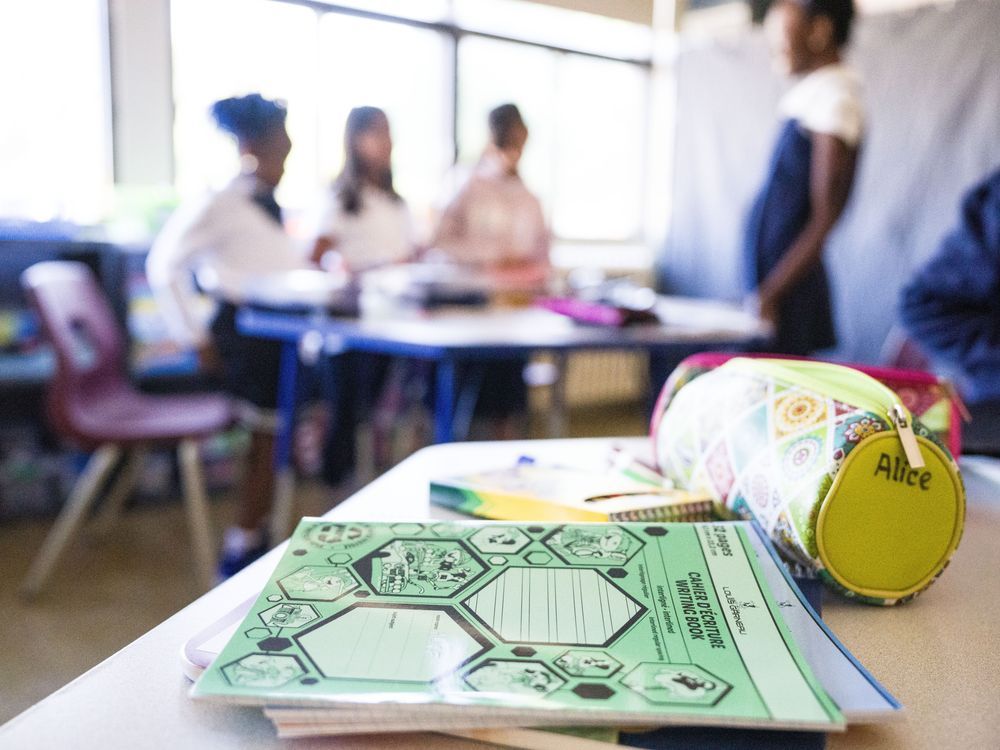
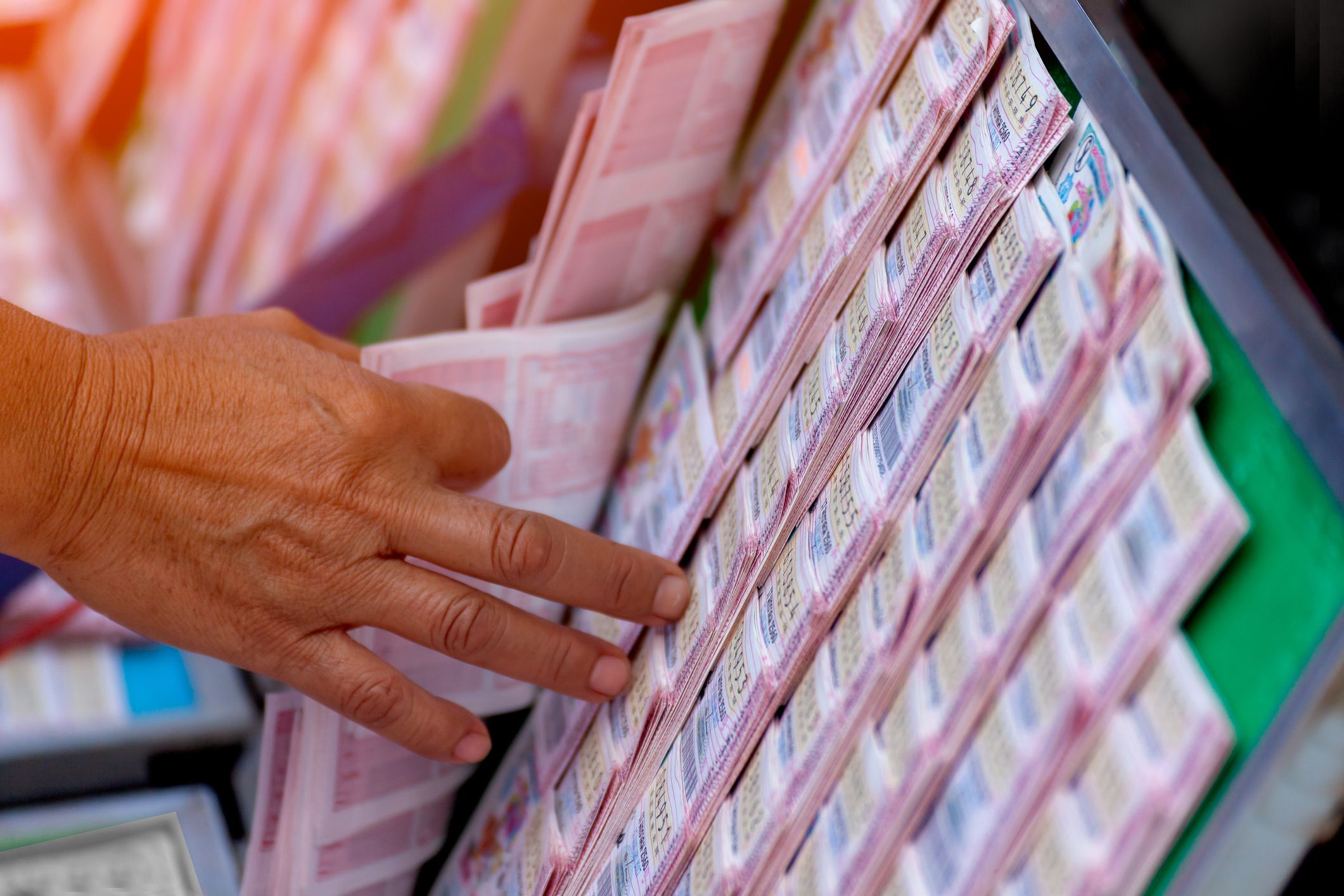

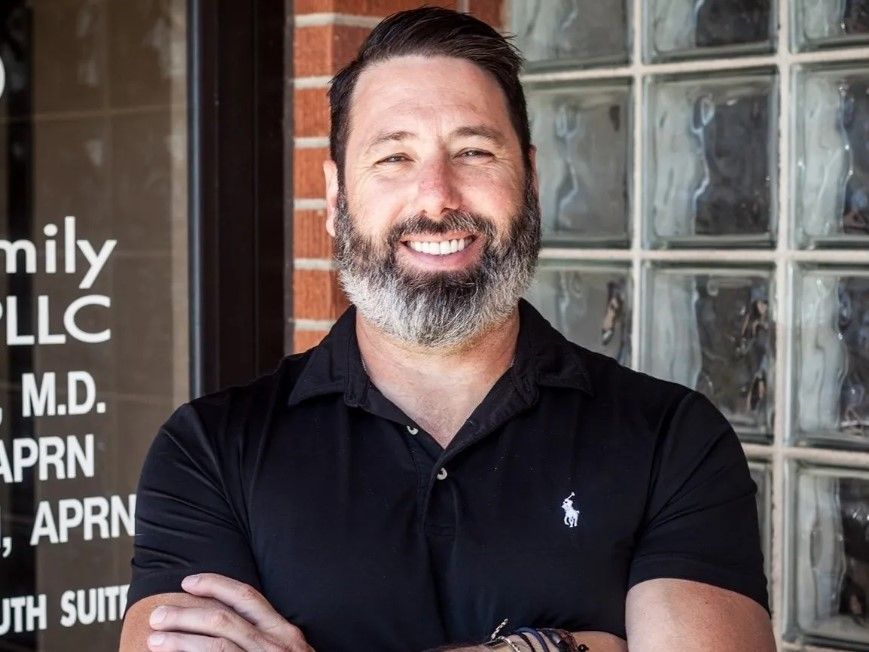
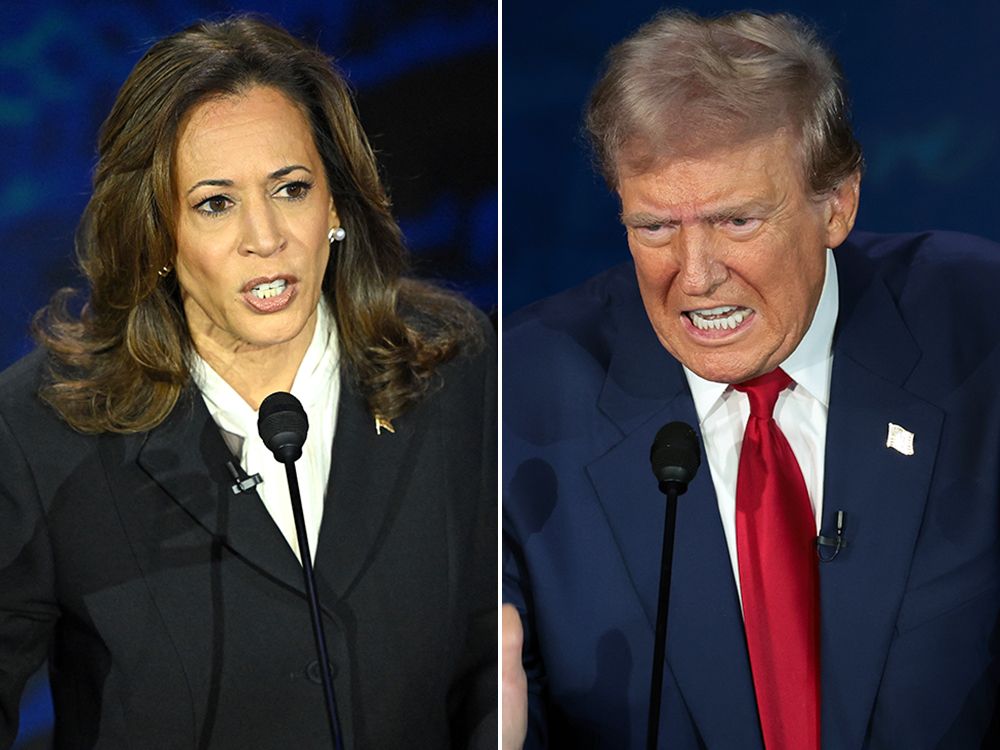
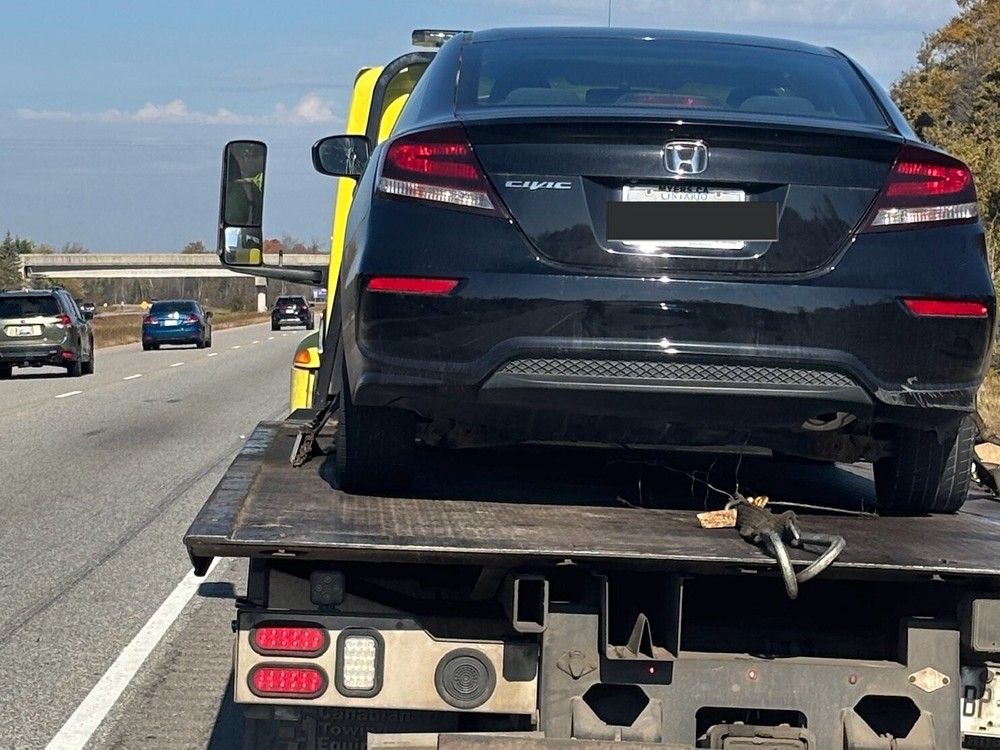
















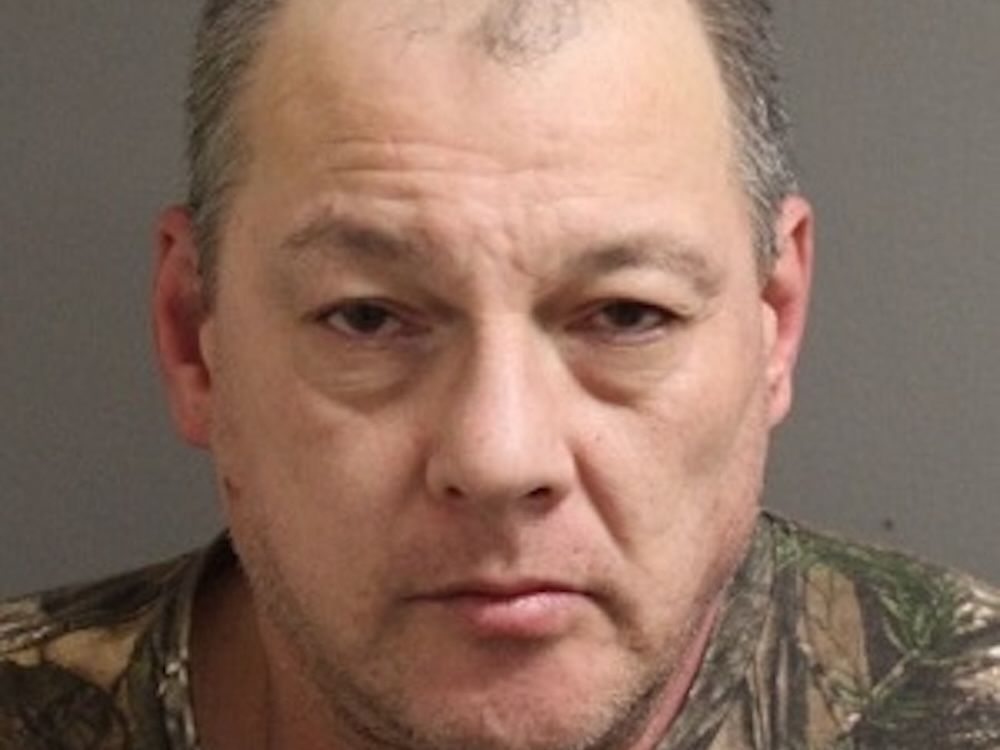
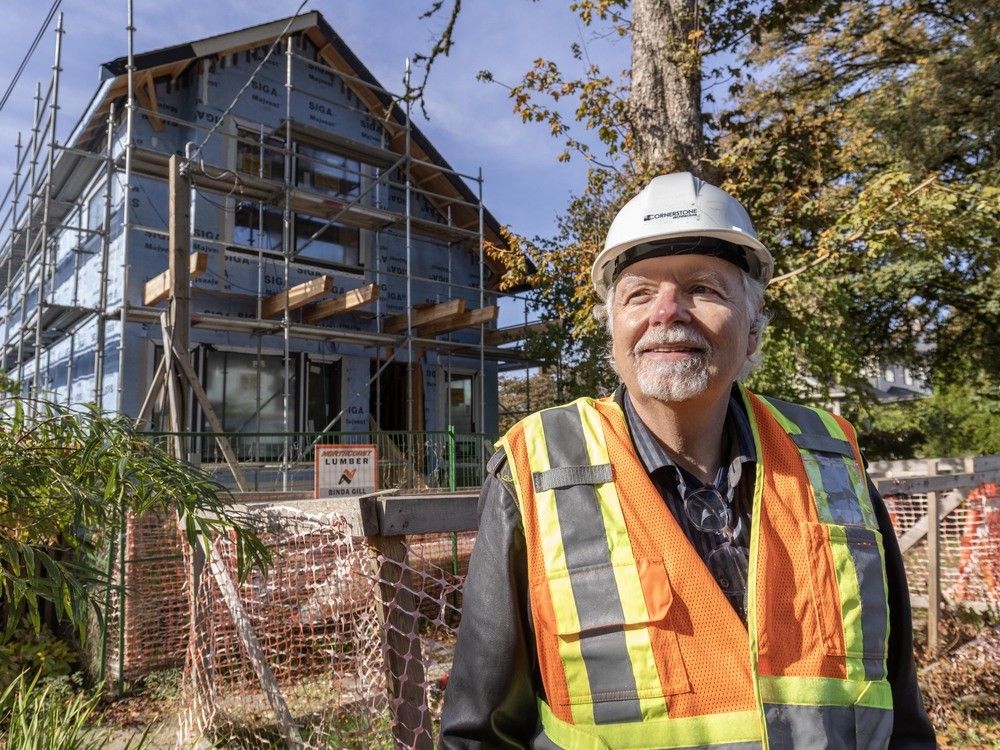
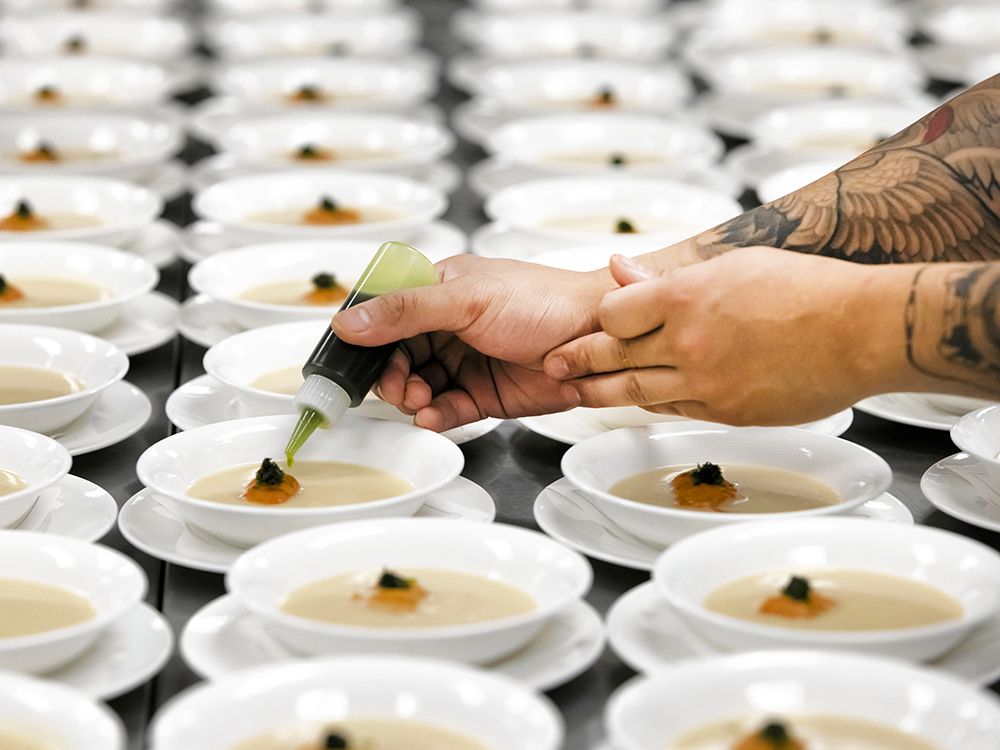
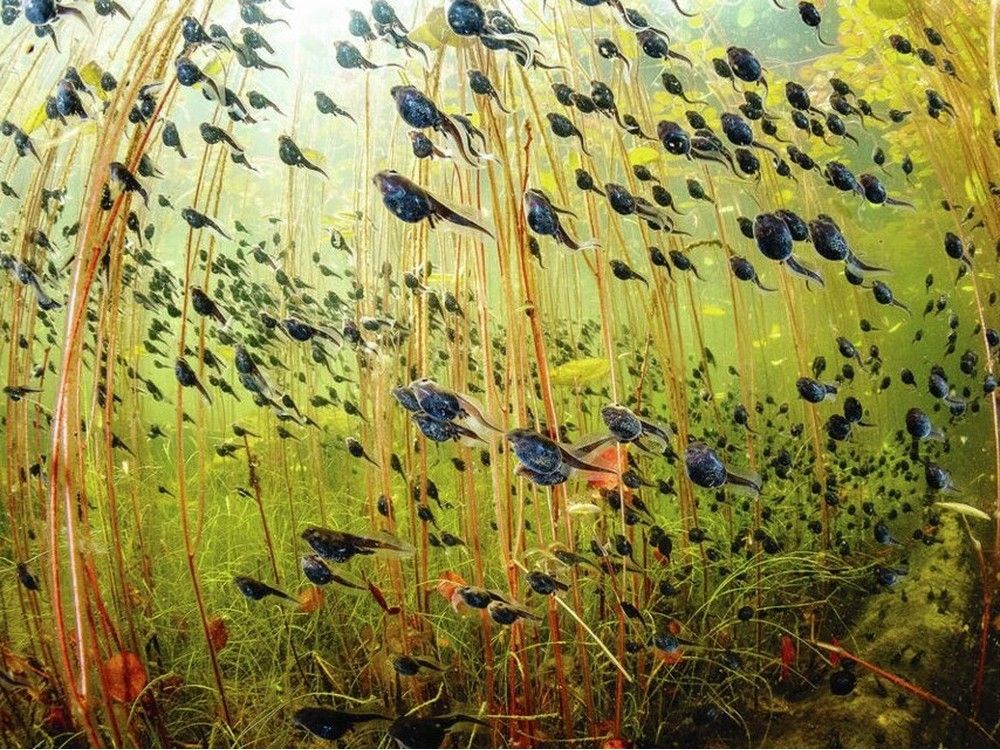
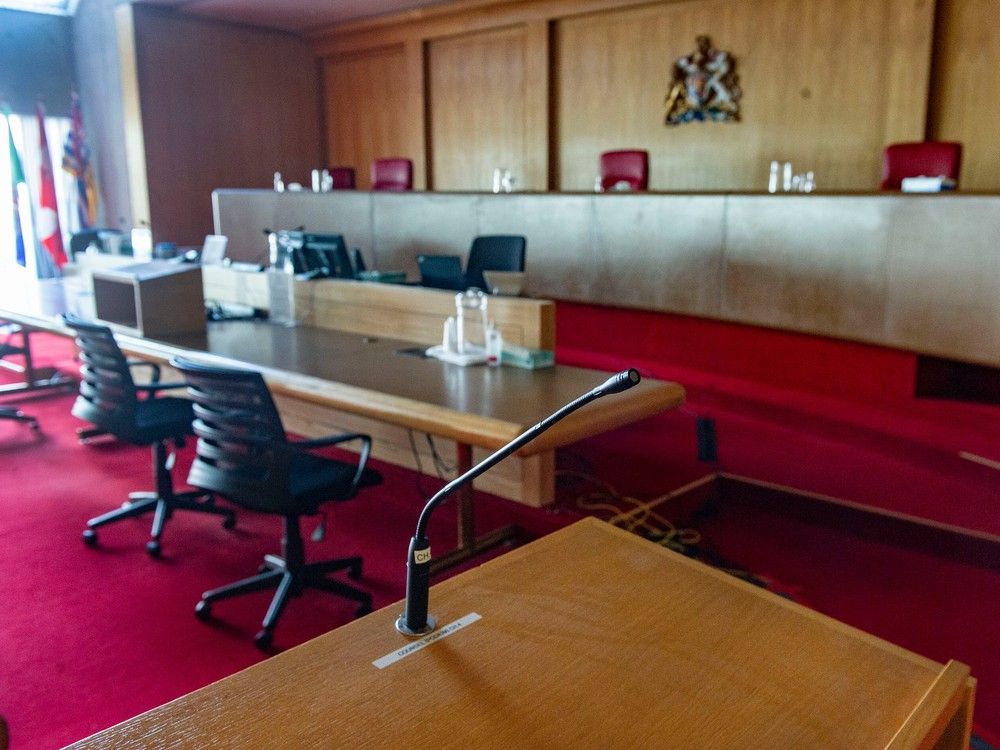
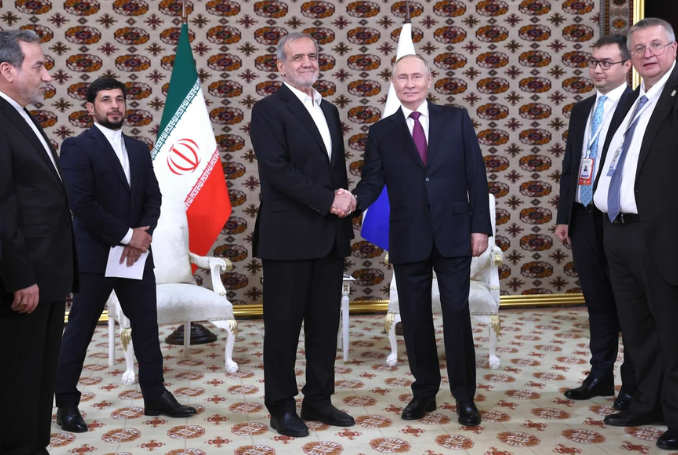


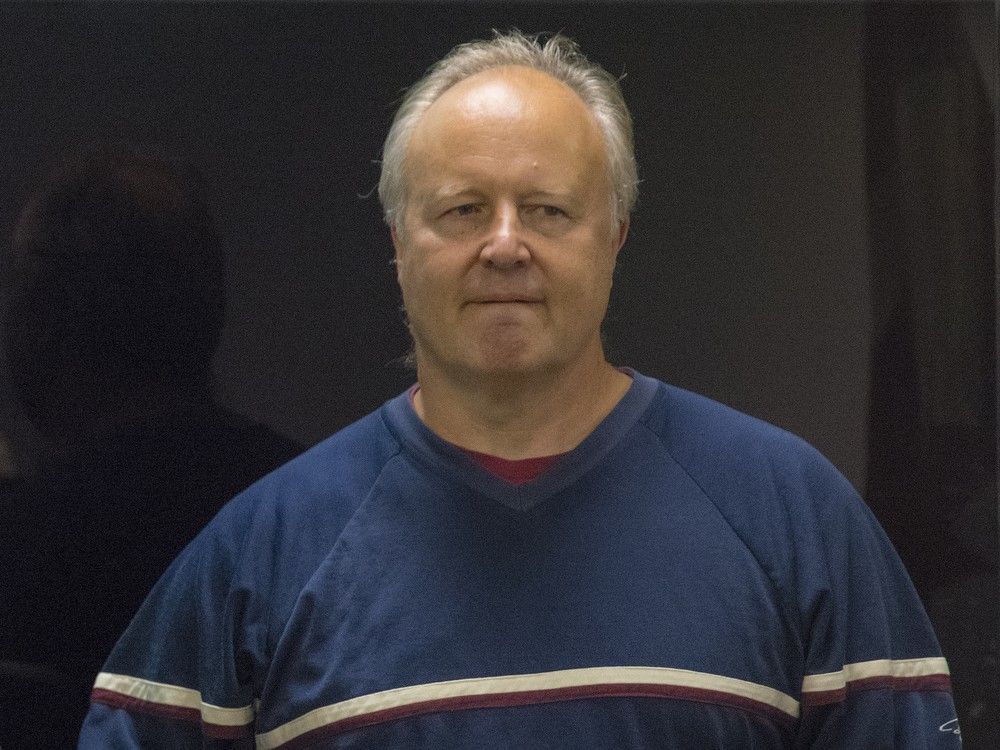

 Bengali (BD) ·
Bengali (BD) ·  English (US) ·
English (US) ·